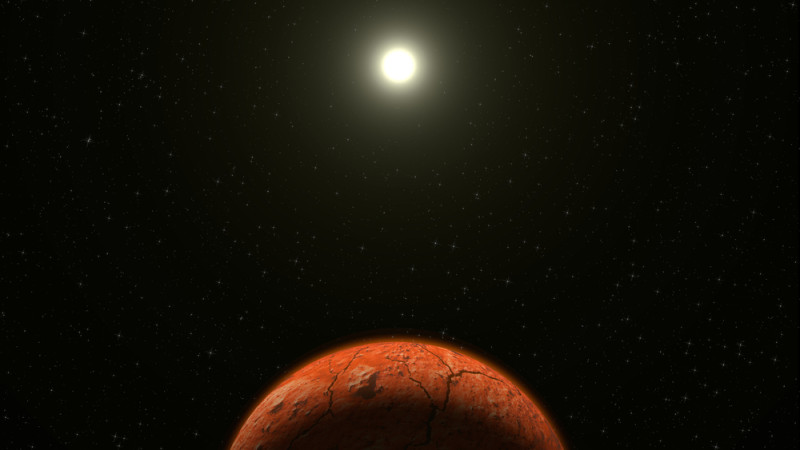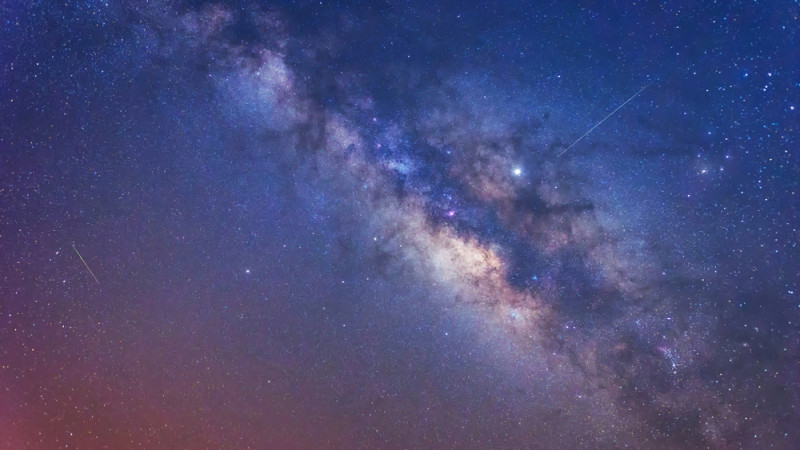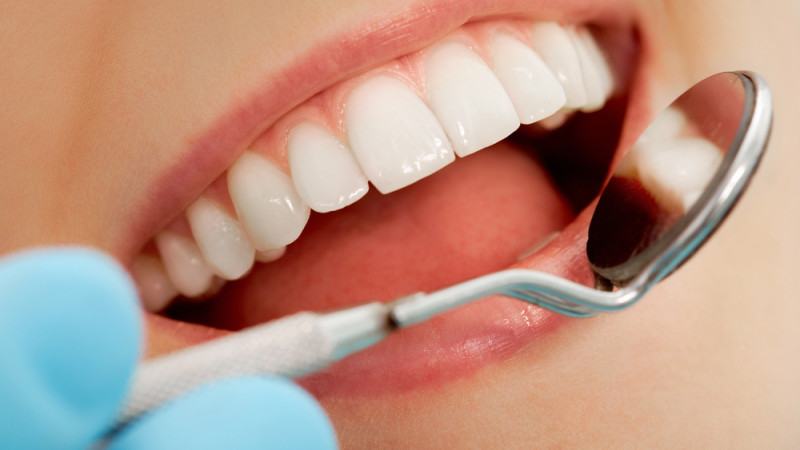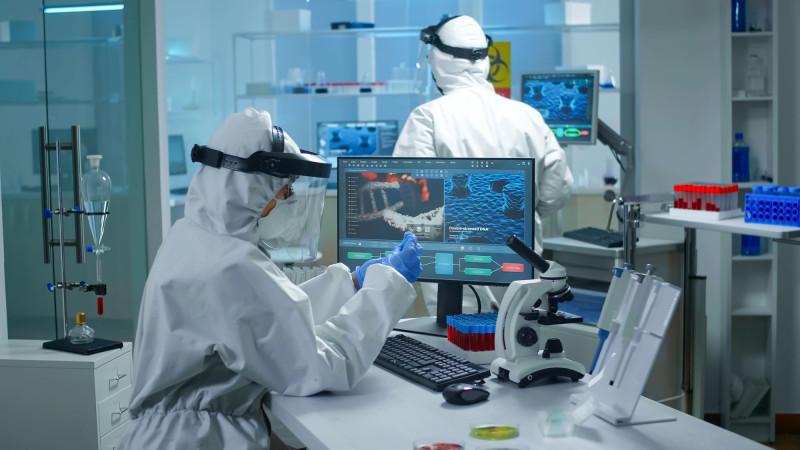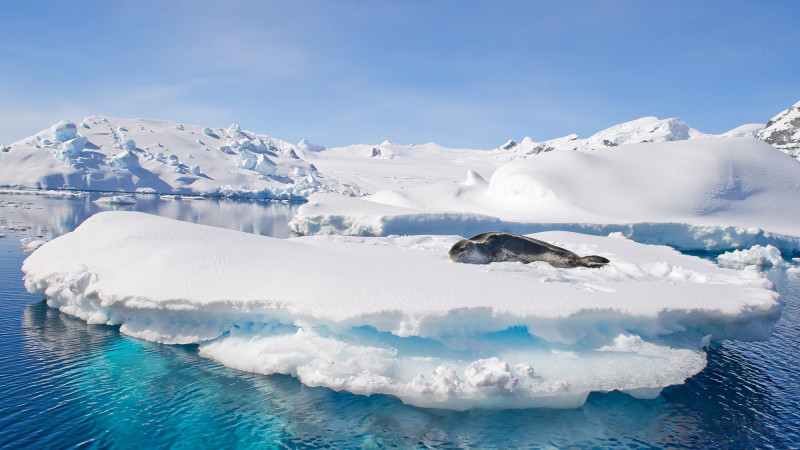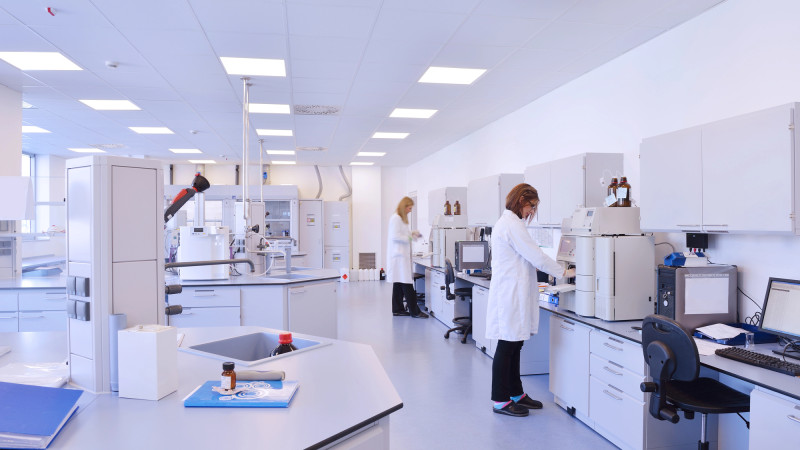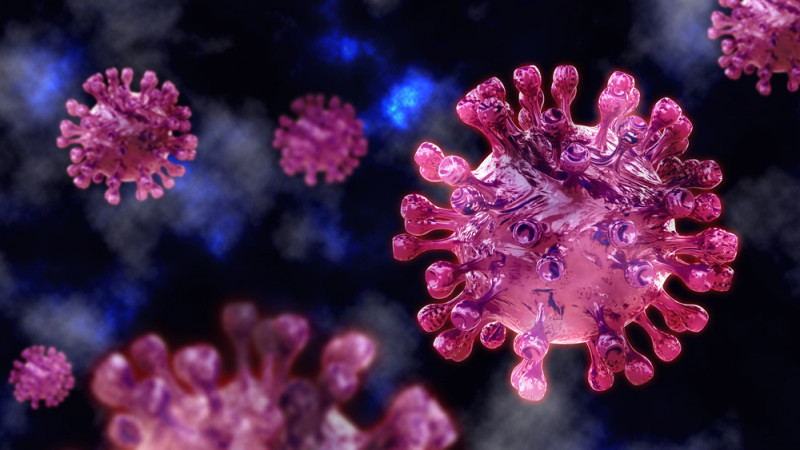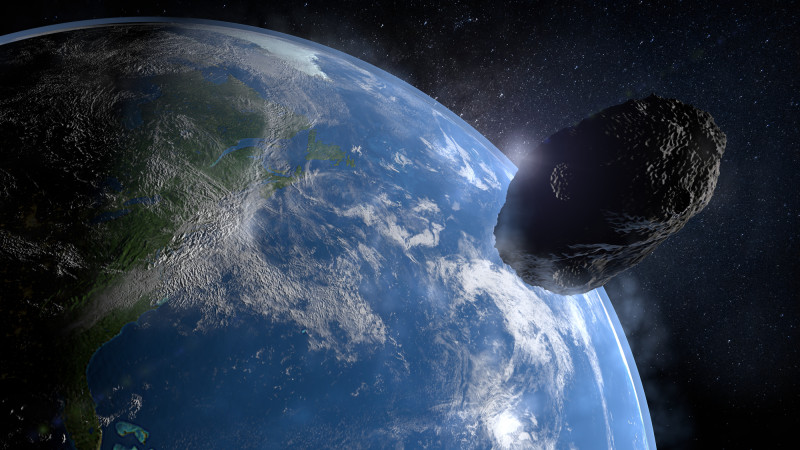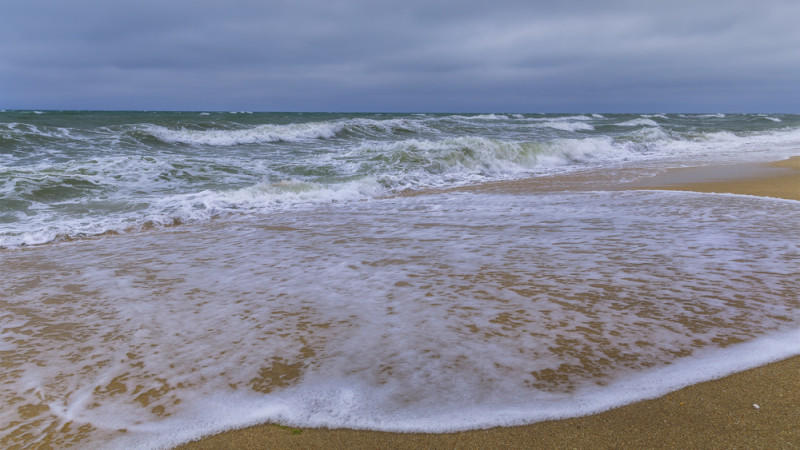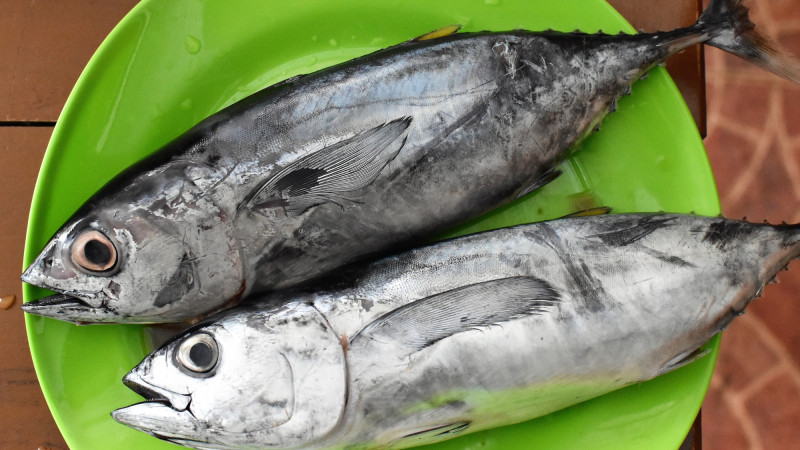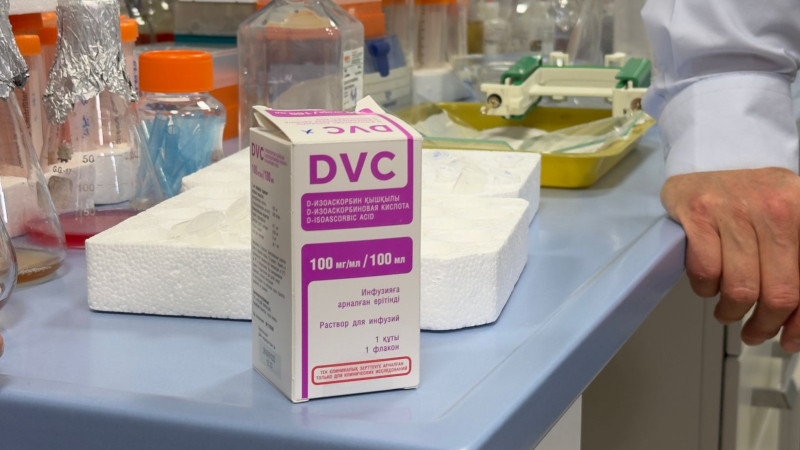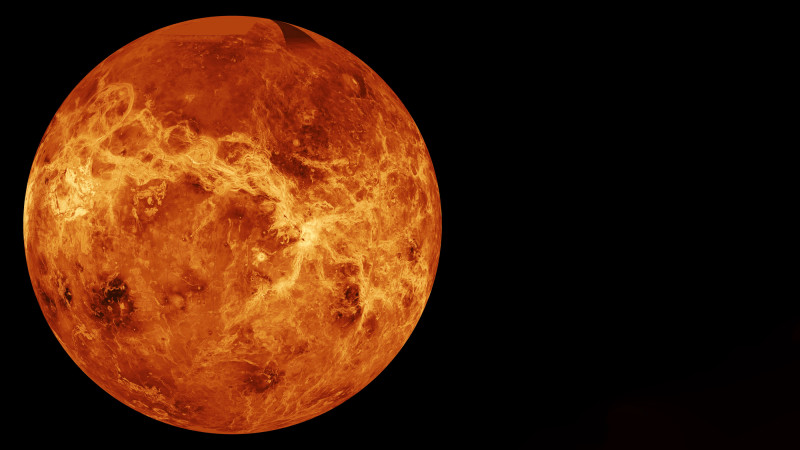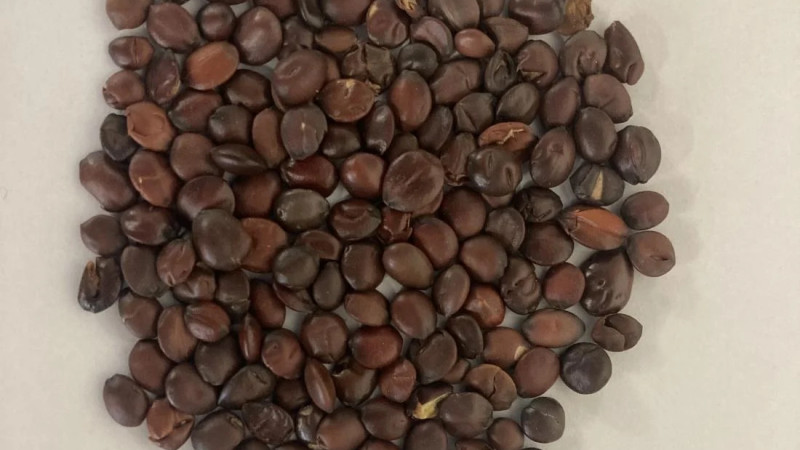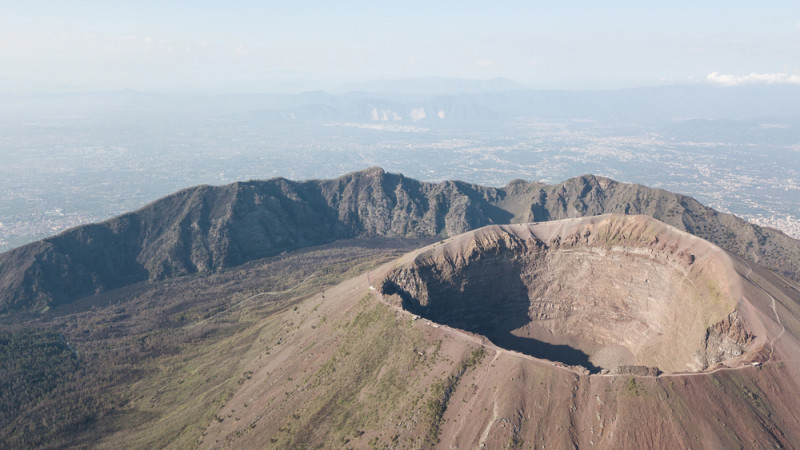News about science
Newly found planet makes scientists question everything
Tengrinews.kz – Astronomers have, for the first time, discovered a giant planet orbiting a very low-mass star. This challenges existing theories
05 June 2025
Mysterious object discovered on the outskirts of the solar system
Tengrinews.kz – Astronomers from the United States have made an unexpected discovery on the outskirts of the Solar System. The object they identified
02 June 2025
Scientists grow new teeth for the first time
Tengrinews.kz - In a groundbreaking development, American scientists have successfully grown new teeth using a combination of cells.
28 April 2025
Science must bring tangible benefits to the country - Tokayev
Tengrinews.kz - Universities should become pioneers in research and innovation, President Kassym-Jomart Tokayev said during a public address,
10 April 2025
Scientists reveal what Antarctica looks like without ice
Tengrinews.kz - Researchers from The British Antarctic Survey (BAS) have published the most detailed map of Antarctica without ice cover, according
17 March 2025
Where “science cities” could emerge in Kazakhstan
Tengrinews.kz - Kazakhstan's government is developing a concept for establishing science cities ("naukograds"), focusing on regions with a high
11 March 2025
Virologist comments on the emergence of a new coronavirus in China
Tengrinews.kz – Doctor of Biological Sciences, Russian professor-virologist Alexander Shestopalov commented on reports of a new coronavirus
26 February 2025
Kazakhstan and China will create joint artificial intelligence laboratory
Tengrinews.kz – Kazakhstan and China will create a joint artificial intelligence (AI) laboratory.
10 February 2025
Probability of asteroid collision with Earth has increased, according to NASA's forecast
Tengrinews.kz – Astronomers predict that the chances of asteroid 2024 YR colliding directly with Earth are 2.3 percent, according to "Gazeta.Ru."
07 February 2025
Scientists have named five countries that can survive a nuclear winter
Tengrinews.kz – Only five countries in the world have a chance of surviving a global catastrophe associated with a decrease in the amount of
21 January 2025
Tokayev set tasks for the head of the National Academy of Sciences
Tengrinews.kz – The head of state received the president of the National Academy of Sciences Akylbek Kurishbayev, according to a statement from
17 January 2025
Scientists discovered unexpected cause of Alzheimer's disease
Tengrinews.kz - Scientists from Griffith University in Australia have discovered an unexpected mechanism in which bacteria, entering the brain
09 January 2025
Long-sunken ship was discovered off the Caspian coast
Tengrinews.kz - An international team of archaeologists has discovered a ship that sank several centuries ago on the southern coast of the Caspian
05 January 2025
Scientists discovered how coffee and tea are linked to risk the of developing cancer
Tengrinews.kz - Scientists from six countries conducted a joint analysis of existing studies and concluded that the consumption of coffee and
25 December 2024
Scientists have named a fish that contains anti-cancer molecules
Tengrinews.kz – Bioactive molecules contained in fatty fish such as sardines, mackerel, herring, and other seafood can reduce the risk of cancer
13 December 2024
Testing of Kazakhstani cancer drug: what is known
Tengrinews.kz - Kazakh scientists continue to conduct clinical trials of the developed anti-cancer drug, according to the Government press service.
02 December 2024
Scientists reveal the two healthiest types of coffee
Tengrinews.kz – Filtered coffee and espresso are the healthiest types of coffee. This is reported by the Daily Mail, citing research by scientists.
19 November 2024
Scientists have uncovered the origin of huge rings on Venus
Tengrinews.kz - For years, scientists have observed intriguing "patterns" on Venus known as tesserae, unique features found nowhere else. The
08 November 2024
Japanese researchers discover plant seeds that could reverse dementia
Tengrinews.kz - Scientists from Osaka University in Japan have studied the effects of jujube seeds as a potential treatment for dementia and
07 November 2024
Russian scientists pinpoint largest volcanic eruption in 10,000 years
Tengrinews.kz - Russian scientists have determined the exact date of the largest volcanic eruption in the last 10,000 years, citing RIA Novosti.
23 October 2024
